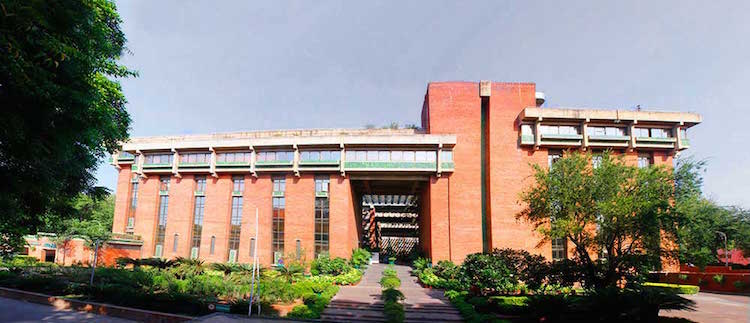Research and Information System for Developing Countries (RIS), hosted a Conference on South-South Cooperation in New Delhi on March 10-11, 2016. About 350 delegates representing 62 countries participated in the conference, which demonstrated both the maturity of South-South Cooperation and the creative challenges that lie ahead.
By Rajni Bakshi
NEW DELHI (INPS | Gateway House) – The Conference on South-South Cooperation, held at Habitat Centre in New Delhi, was designed specifically as a platform for developing countries to collectively review the new landscape for South-South Cooperation (SSC), on their own terms, in the context of three major multi-lateral events of 2015: the United Nations’ Finance for Development conference, the adoption of the Sustainable Development Goals (SDGs) and the Climate Change Summit in Paris.
Delegates at the conference were bound by the common view that SSC has come a long way from meaning just political solidarity. With the rise of financial capacity within the developing nations, the emphasis has shifted to creating institutions, like the Asian Infrastructure Investment Bank (AIIB) and the New Development Bank (NDB), and developing knowledge systems that are designed by and for the people of the South.
As Sujata Mehta, Secretary (West) in Ministry of External Affairs, said in her key note address at the conference, SSC can fill the gap left by declining North-South cooperation. But this means that the developing nations must challenge efforts to create a single development assistance paradigm and attempt to monetize all SSC flows. The concept of such a universal norm overlooks the reality that SSC is inherently different from North-South efforts because SSC is a relationship between equals, according to Mehta.
One of the questions raised at the conference was how to combine qualitative and quantitative data when creating strategies for SSC and its impacts. Prof. Sachin Chaturvedi, Director General of RIS, pointed out that SSC necessarily involves modalities which require qualitative indicators which can capture a wider reality. For example, SSC goes beyond government to government transfers and includes civil society linkages, particularly on natural resource management and social transformation, that cannot be entirely materially quantified.
Thus the Delhi-based Forum for Indian Development Cooperation (FIDC), one of the co-hosts of this conference, serves as an alliance of civil society organizations working on a wide array of development issues. Speaking in the inaugural session Prof. Anuradha Chenoy, Chairperson of FIDC, said that SSC remains a vital element in the struggle of developing countries against an unequal world order. It is the hegemonic discourse of the North which says that SSC is over and that new plurilateral groups can replace this, because SSC is poorly defined, Chenoy said. Disagreeing with this view, she added that gatherings like the Delhi conference are important for addressing this challenge.
There was a broad consensus at the conference that SCC is critical for achievement of the Sustainable Development Goals. Wu Hongbo, Under Secretary General, United Nations Department for Economic and Social Affairs, argued that SSC can push sustainable development in unique ways by localizing the SDGs and building upon experiences within the South countries.
The details of quite what this means were addressed in plenary sessions dedicated to cooperation between think tanks of the South and another session on the role of civil society and private sector. For instance, India may not seem to have much in common with many nations in Africa. But both civil society organizations and private companies shared successful experiences of technology sharing and mutual learning across diverse locations in the South.
Perhaps the most imaginative session of the conference was on ‘One World Global Citizenship’ which aimed to explore if and how this might be possible. Prof Syed Munir Khasru, Chairman of the Dhaka based Institute for Policy Advocacy and Governance, argued that the emergence of China’s One Belt One Road initiative, ASEAN, AIIB, NDB constitutes a positive momentum. But citizens of this region have to own these links and this requires advocacy, noted Khasru.
Underlying tensions within the nations of the South, notably between India and China, are not meant to be addressed in a forum like this conference. Its success lies in bringing together actual practitioners, from government, academia and civil society, to exchange notes on broad themes and develop networks for mutual learning.
*Rajni Bakshi is the Gandhi Peace Fellow at Gateway House and a Mumbai-based author. This article was first published by Gateway House: Indian Council on Global Relations. You can read the original article here.” (INPS | 24 March 2016)
Send your comments or questions to contact@international-press-syndicate.net
Photo: The writer | Credit: Gateway House

